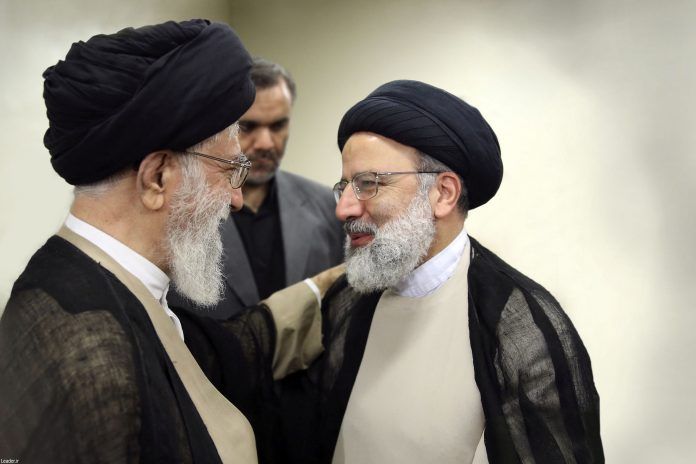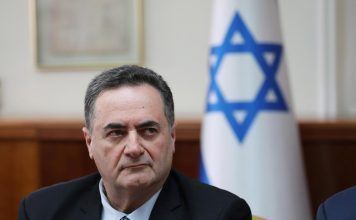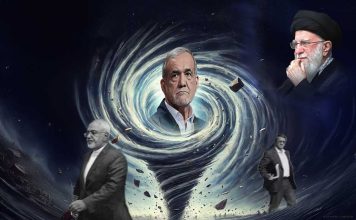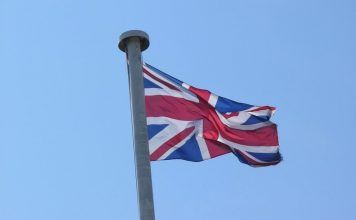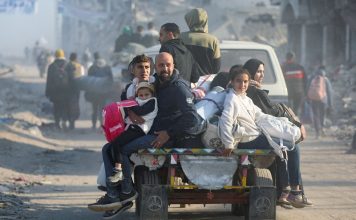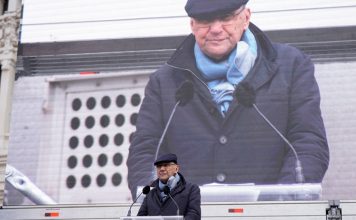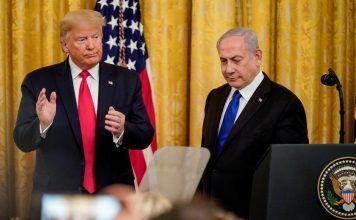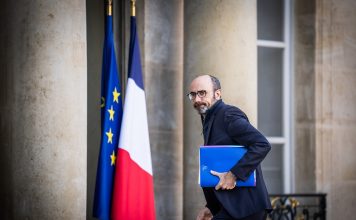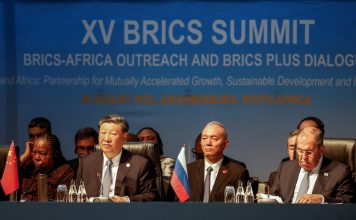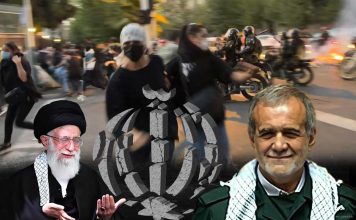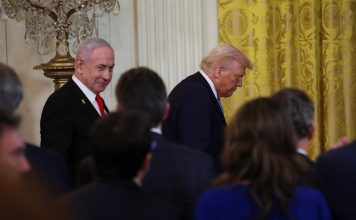By Ahmad Rafat
The helicopter crash that on May 19 claimed the life of Ebrahim Raisi, the eighth president of the Islamic Republic of Iran has sparked intense speculation regarding the true nature of the incident. Since then, many have raised questions about the circumstances of Raisi’s death. Some have wondered whether the crash was an act of sabotage.
Raisi was traveling back to Tabriz, the capital of the northwestern province of East Azerbaijan, after a border meeting with Azerbaijan President Ilham Aliyev when the crash occurred. Earlier, Raisi had attended the Giz Galasi Dam opening ceremony on the Aras River.
The second technical report on the helicopter crash involving Raisi and his companions failed to clarify lingering ambiguities and further exacerbated the uncertainty. The Supreme Investigation Board, established by the General Staff of the Armed Forces of the Islamic Republic to investigate the crash, concluded that “there was no sabotage-induced explosion during the flight.”
Iran Asked US for Assistance Following Raisi’s Helicopter Crash, State Dept Says
The report also dismissed any possibility of communication system failure during the return flight, adding that “there were no observed effects of electronic warfare measures.”
If the communication system was functioning correctly, why did the pilot not raise an emergency call to the other two helicopters and to the communication center? Why did the pilot not issue a Mayday warning?
Even in the case of Ukrainian airline flight PS752, which was struck by an Islamic Revolutionary Guard Corps (IRGC) missile on Jan. 8, 2020, the pilot altered the aircraft’s course and informed the control tower at Tehran International Airport about the situation as it unfolded.
What Could Raisi’s Death Mean for Stability in Iran and Beyond? Expert Q&A
The 16-hour delay in obtaining information about the helicopter crash site raises significant concerns, especially as the investigation revealed no signs of an explosion or deliberate electronic interference. Also, it is puzzling that the two other helicopters accompanying the one that crashed did not report the crash site, despite one flying ahead and the other behind the helicopter carrying Raisi.
It is equally puzzling that on the return journey, Raisi and his companions boarded the older helicopter with a single propeller, as opposed to the other two helicopters. And it is astonishing that, despite adverse weather and poor visibility, the president’s bodyguards and companions completed their journey safely while Raisi’s helicopter encountered issues and crashed.
Some family members and religious figures close to Raisi have publicly expressed doubts about the official explanation of his death.
Raisi’s mother, in her grief over her son’s passing, reportedly made statements expressing the view that someone other than God caused his death, repeatedly saying, “Death to whoever killed you other than God.”
Ahmad Alamolhoda, the representative of Iran’s Supreme Leader Ali Khamenei in Mashhad and the city’s Friday prayer leader, has also questioned the official explanation. Alamolhoda, who is Raisi’s father-in-law, reportedly said in several meetings that he did not accept the “accident” theory and suggested that there were “other hypotheses” that “they do not want to investigate.”
Following these public remarks, security forces allegedly closed the classrooms of Alamolhoda’s seminary in Mashhad and assigned the Friday prayer sermons of this city to another cleric.
Speaking about the incident, Fada-Hossein Maleki, a member of the National Security Commission of the Majlis (Iranian Parliament), said: “Discussions were circulating among some people suggesting the possibility of an operation to martyr Mr. Raisi and his companions.”
Meanwhile, Ahmad Vahidi, Minister of Interior, said: “Imam (Khomeini) said: ‘Kill us, and the nation will awaken.’”
If a technical failure had not caused the crash of the helicopter, then who might have killed Raisi so the nation could supposedly awaken?
Those who doubt the official narrative fall into two groups: one group attributes the incident to Israel’s involvement, while the other group believes that Raisi was a casualty of internal power struggles within the Iranian regime.
Elements within the IRGC are actively trying to implicate Israel in the incident. For instance, a post in Russian on the IRGC’s Telegram page featured an image depicting two soldiers, one with an Israeli flag and the other with the flag of the Republic of Azerbaijan on their uniforms, watching a helicopter falling from the sky. The Islamic Republic believes that the Republic of Azerbaijan and the Kurdistan Region of Iraq harbor Israel’s security and espionage forces on the border with Iran.
The death of Raisi is not expected to lead to immediate changes in the Islamic Republic’s domestic and foreign policies. However, it is a significant development in the ongoing competition to succeed the 85-year-old Khamenei, who is reportedly in poor health. Raisi’s passing could alter the dynamics among fundamentalist factions vying for power ahead of the upcoming presidential election on June 28.
Raisi’s presidency, which started nearly three years ago, resulted from a unique agreement among various conservative factions. Despite their differences, these factions rallied behind Raisi, who had the crucial role of bridging the gap between the government and Khamenei’s supporters.
Before Raisi’s presidency, previous Iranian governments had faced challenges in their relationship with Khamenei, particularly concerning his son Mojtaba, who is rumored to have ambitions to succeed his father as the Supreme Leader.
Presidents such as Akbar Hashemi Rafsanjani, Mohammad Khatami, Hassan Rouhani, and Mahmoud Ahmadinejad all had disagreements with Khamenei during their tenure.
One notable example is Ahmadinejad, who has faced continuous disqualifications by the Guardian Council, preventing him from running in various electoral processes, including the recent Assembly of Experts elections.
Following the death of Raisi, and despite the imminent selection of his successor, it remains to be seen whether the conservative factions, currently engrossed in political and economic rivalries, can once again come to a consensus akin to a temporary truce.
The resolution of this matter does not solely hinge on the list of candidates vying for the June 28 elections, but on the choice already made by Khamenei and the qualities possessed by the individual whose name will be drawn from the ballot box.

